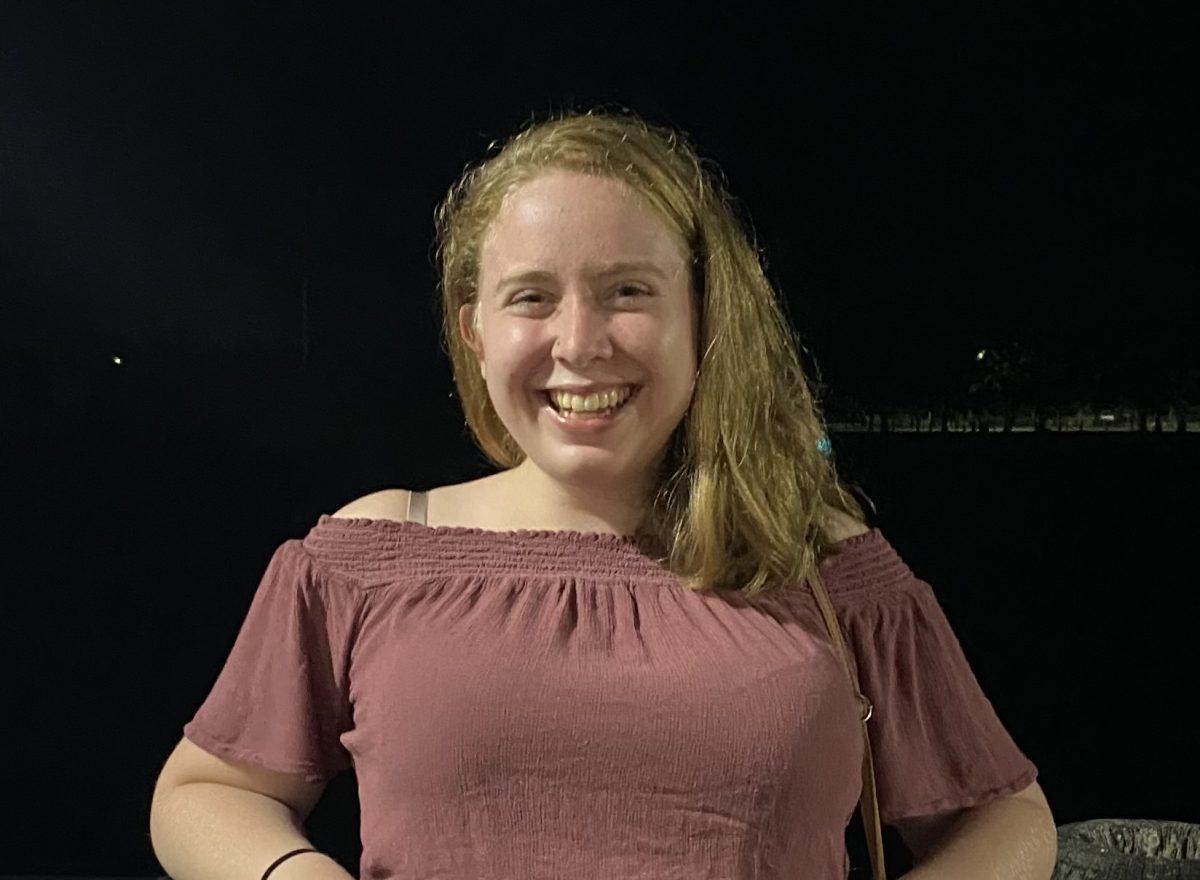
caitlyn mahoney new headshot
Editor’s Note: The following article contains content related to mental health.
On July 29, Simone Biles shocked the world by pulling out of the 2020 Olympic gymnastics all-around competition because of a mental health struggle she called the “twisties,” being quoted later saying her mind and body were just not in sync and no Olympic medal was worth her health. Many lashed out at the Olympian after her decision by calling her “selfish” and “weak.” This toxicity needs to stop and we need to view Biles as an example, recognizing the true value of the mind-body connection before we push ourselves too far.
Johns Hopkins School of Medicine defines the mind-body connection as the link between one’s physical health and their emotional health. What this means is that when someone is under immense pressure, such as trying to perform at the Olympics or taking an organic chemistry test, their body will respond to the stress with physical responses like an increase in one’s heart rate, shortness of breath, fatigue, etc.
There is no standard threshold for disturbing the mind-body connection, either. For example, Suni Lee, another gymnast on Team USA, may have been able to step up and win gold for America under intense pressure, but that doesn’t mean that Simone Biles could have done the same. It’s like how some people can be randomly called on in class and not feel any anxiety while others spend the whole class praying to be invisible. The truth is we all experience emotional responses to stress and anxiety on different levels and in different ways.
Part of what makes emotional health more complicated is that we often have no idea what others are going through. Despite this, society pretends that we do and chastises people for not being able to overcome their mental obstacles. For example, Charlie Kirk, a conservative activist with a large fan base at NC State after his appearance on campus in 2019, flamed Simone Biles for being “weak” and publicly expressed that she should have never gone to the Olympics if she wasn’t prepared to push through the pressures. His popularity at NC State results in many students following his take on mental health and agreeing with his disappointment in Simone Biles, even though he had no right to judge her.
He was never pressured and told that the whole country was depending on him. He never had to try to tune out the media, self-criticism, anxiety and fear in order to throw himself into the air, twist around and land without breaking his neck. He had no idea how much Biles was going through, yet he still had the audacity to call her selfish for putting her health first.
Simone Biles’ decision not to compete stands to represent how mental health is just as valid and significant as physical health. It took immense courage, strength and self-knowledge for her to see that her well-being was more important than a medal. However, students are setting themselves up to destroy their mind-body connections as we head into the school year, but that’s something they need to avoid.
Learning to prioritize mental health though can be difficult when you are doing it alone. Luckily, NC State has a wide variety of resources to help. The NC State Counseling Center offers multiple services like academic and behavioral counseling, sexual assault and interpersonal violence aid and off-campus referrals. They also host multiple drop in-spaces where people who identify with various demographics can find supportive, inclusive environments in a less formal manner.
For more specific help, students can also take advantage of NC State’s wellness coaches through the Wellness and Recreation Department or the Disabilities Resource Office, who help create a more accessible college experience for students with both physical and mental disabilities.
Instead of listening to Charlie Kirk’s tough-guy mindset, students need to follow the precedent set by Simone Biles and prioritize their mind-body connection by taking advantage of these resources. It could help them in the classroom, on the field and in everyday life because, just like with a physical injury, no one can perform at their best with the twisties.
If you are in a mental health crisis, call 911 for immediate aid or call 919-515-2423 to reach a NC State counselor.